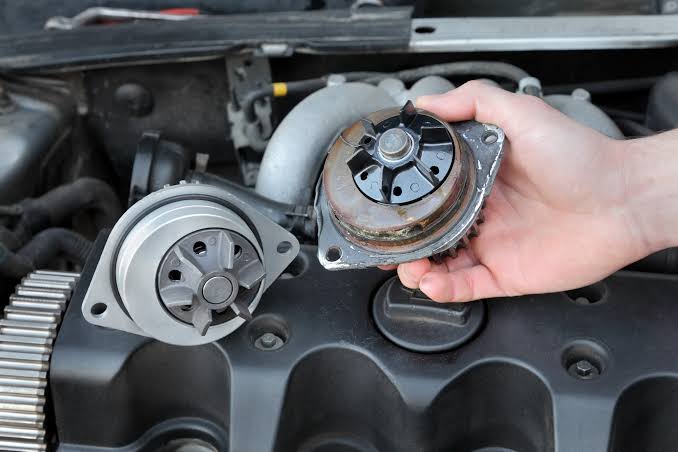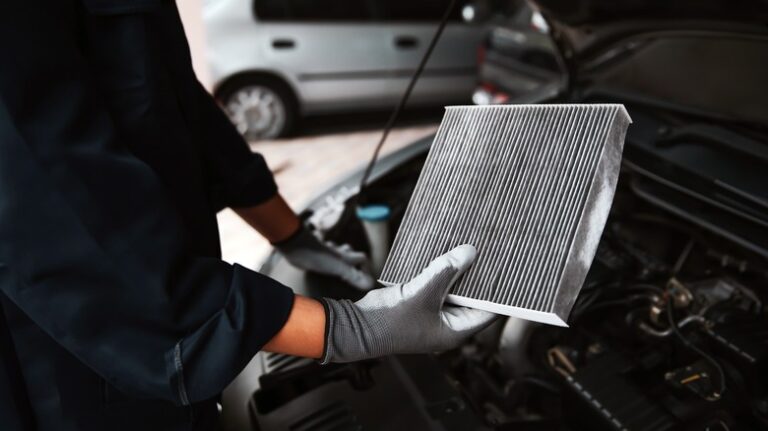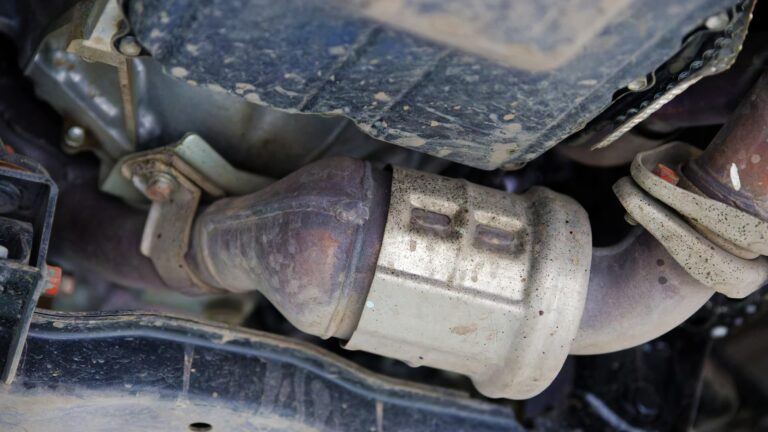Does Water Pump Leak Coolant?

The water pump plays a crucial role in a vehicle’s cooling system, ensuring proper circulation of coolant to prevent engine overheating. A water pump leak can significantly impact the performance and safety of your vehicle. In this blog post, we will explore whether water pumps leak coolant, the causes behind such leaks, and how to identify and address them effectively.
What Is the Function of a Water Pump?
The water pump is responsible for circulating coolant from the radiator to the engine and back. This ensures that the engine maintains an optimal temperature during operation. Without a functioning water pump, the engine could overheat, leading to severe damage.
Key Functions of a Water Pump:
- Coolant Circulation: Moves coolant through the engine and radiator.
- Prevents Overheating: Keeps engine temperature in check.
- Supports Overall Engine Health: Ensures long-term engine performance.
Can a Water Pump Leak Coolant?
Yes, a water pump can leak coolant. It’s one of the most common issues associated with water pumps. When a leak occurs, the coolant levels drop, reducing the pump’s ability to regulate engine temperature.
Common Causes of Water Pump Coolant Leaks
1. Worn Seals or Gaskets
The water pump relies on seals and gaskets to prevent coolant from escaping. Over time, these components can deteriorate due to age, heat, or wear.
2. Corrosion
Coolant contains additives that help prevent rust, but if the coolant is old or contaminated, it may allow corrosion to form on the pump, leading to leaks.
3. Overheating
Excessive heat can damage the water pump’s housing or cause cracks in the seals, leading to leaks.
4. Loose or Damaged Components
Loose bolts or damaged fittings can cause the water pump to leak coolant, especially if the pump was improperly installed or has undergone wear over time.
Signs of a Water Pump Coolant Leak
It’s essential to recognize the warning signs of a coolant leak from the water pump to prevent further engine damage.
1. Coolant Dripping Beneath the Vehicle
A visible coolant puddle under the car, near the front of the engine, is a clear indicator of a leak.
2. Low Coolant Levels
Frequent drops in coolant levels without obvious leaks elsewhere may point to a water pump issue.
3. Engine Overheating
A leaking water pump can reduce coolant circulation, causing the engine to overheat.
4. Coolant Smell or Steam
A sweet smell from under the hood or visible steam often indicates a coolant leak, which may originate from the water pump.
5. Noise From the Water Pump
A failing water pump may produce a whining or grinding noise due to worn bearings or internal damage.
Risks of Ignoring a Water Pump Leak
1. Engine Overheating
A leaking water pump reduces coolant levels, increasing the risk of engine overheating. This can lead to costly engine repairs.
2. Loss of Coolant
Continued leakage can deplete the coolant supply, causing further damage to the cooling system.
3. Engine Damage
Operating a vehicle with an overheating engine can warp cylinder heads, crack the engine block, or damage internal components.
How to Address a Water Pump Coolant Leak
1. Inspect the Water Pump
Check the area around the water pump for signs of leaks, such as coolant residue or wet spots.
2. Replace Damaged Components
If the leak is caused by worn seals, gaskets, or bearings, these components should be replaced promptly.
3. Flush and Refill Coolant
After fixing the leak, flush the cooling system to remove contaminants and refill it with fresh coolant.
4. Professional Repair
If you’re unsure of the cause or severity of the leak, consult a mechanic to diagnose and repair the issue.
Preventing Water Pump Coolant Leaks
Regular maintenance of your cooling system can help prevent water pump leaks.
Tips for Prevention:
- Use the Right Coolant: Ensure you use the coolant recommended by your vehicle manufacturer.
- Replace Coolant Regularly: Follow the manufacturer’s schedule for coolant replacement to prevent corrosion.
- Inspect Belts and Hoses: Ensure all components of the cooling system are in good condition.
- Address Warning Signs Early: Promptly address low coolant levels, overheating, or unusual noises.
FAQs
1. What causes a water pump to leak coolant?
Common causes include worn seals, corrosion, overheating, or loose components.
2. Can I drive with a leaking water pump?
It’s not advisable to drive with a leaking water pump, as it can lead to engine overheating and significant damage.
3. How much does it cost to fix a leaking water pump?
The cost of repairing a leaking water pump varies based on the vehicle make and model, but it typically ranges from $300 to $800, including parts and labor.
4. How often should a water pump be replaced?
Most water pumps last between 60,000 and 100,000 miles. However, regular inspections can help identify issues early.
Conclusion
A water pump leaking coolant is a serious issue that can lead to engine overheating and costly repairs if ignored. Recognizing the signs of a coolant leak, understanding its causes, and addressing the problem promptly can ensure the longevity and performance of your vehicle’s cooling system. Regular maintenance and timely repairs are essential to keeping your engine running smoothly.
Also Check:
• Does a Bad Water Pump Cause Overheating?





